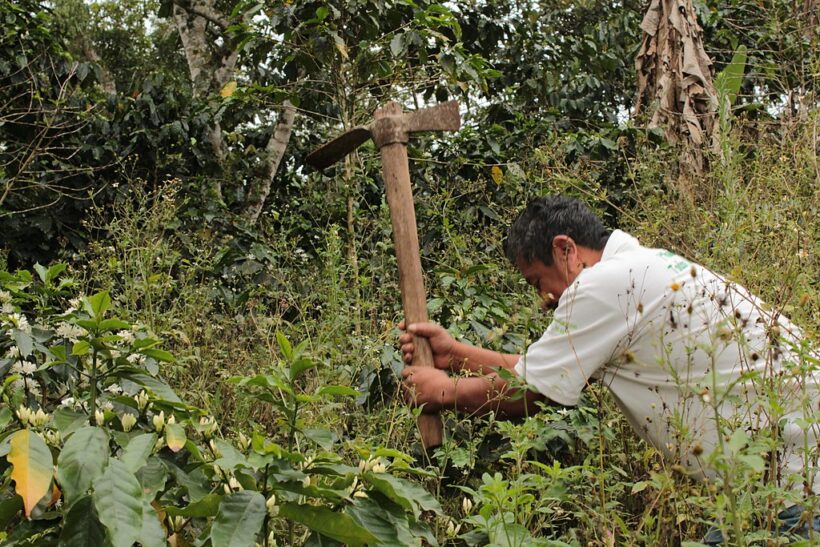The governments of ten Latin American and Caribbean countries will meet on Wednesday to discuss the best ways to jointly counter the scourge to their populations of the inflationary wave sweeping the world.
The meeting is convened by Mexican President Andrés Manuel López Obrador and will be attended by government representatives from Cuba, Brazil, Chile, Honduras, Argentina, Colombia, Bolivia, Belize, Saint Vincent and the Grenadines representing, in addition, the Community of Latin American and Caribbean States (CELAC) and the host, Mexico.
Among the measures being considered are the exchange of foodstuffs, and trade in foodstuffs and raw materials in order to tackle in unity the problem of high prices that plunge people into serious difficulties.
It is likely that, beyond the need to tackle solutions to this serious circumstance, the leaders will not consider, at least at this stage, taking fundamental measures such as limiting the enormous large estates that make diversified and affordable production difficult for the peasantry, or preventing food from being considered just another commodity, subject to the ups and downs of international prices and speculation.
If no further information has been circulated about this virtual summit, it is hard to imagine that those in power will come out in no uncertain terms against the multinationals that patent seeds and trade in GMOs, thus making the food chain more expensive and increasing farmers’ dependence on them.
It is not unreasonable to think, however, that discussions will focus on ways of shortening the distribution circuit, devising ways of circumventing or at least reducing the high cost of the exhorbitant profits of the intermediary chains, basically large supermarket chains.
Tackling hunger and shortages undoubtedly requires a popular agrarian reform, a type of cooperative and solidarity economy that puts the needs of quantity and quality of food of the population first and rewards peasants and small farmers adequately for the effort of cultivating in a healthy and abundant way what we all need to subsist.
The International Day of Peasant Struggles will be commemorated on the 17th of April. On this day, La Via Campesina calls for a day of global mobilisation to highlight and denounce the continued criminalisation, oppression and repression of peasants, farm workers, rural women, migrants and black and indigenous communities around the world.
In the face of the advance of capital over territories that until recently were considered “marginal”, peasants, indigenous peoples and other rural inhabitants represent the main frontier of resistance against the hydro-agro-extractivism of transnational megacorporations, says the text of the appeal issued by the organisation, which brings together 182 member organisations in 81 countries.
Hunger is violence. Food sovereignty is a necessity and an essential human right. Let us hope that those attending the regional conclave understand this.






